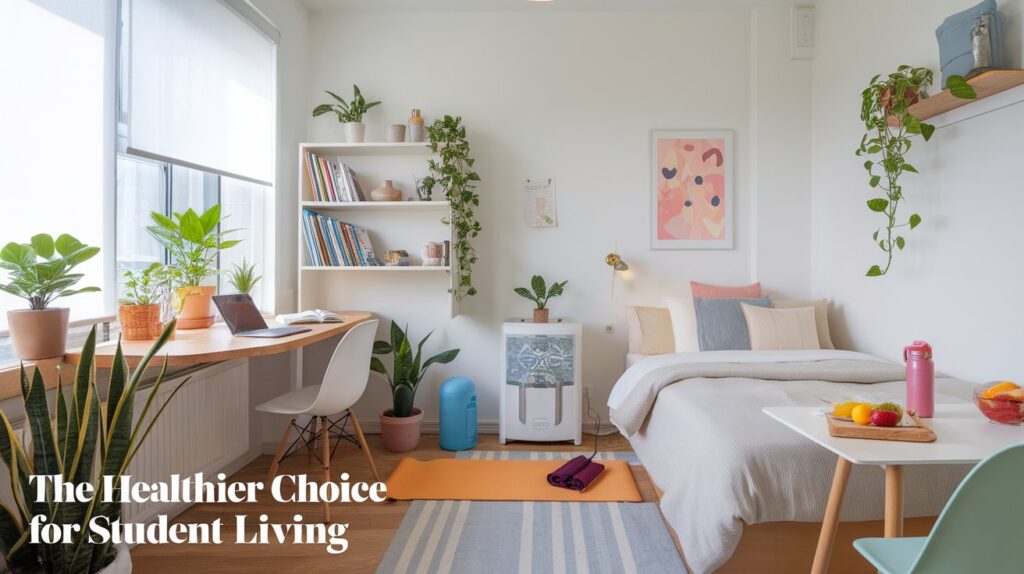Living arrangements can significantly affect a student’s physical and mental health. Many students are now realizing that their well-being is better supported by choosing alternatives beyond traditional dormitory life. For those considering student housing in Oshawa, the shift off campus may offer numerous health advantages that extend beyond comfort and independence.
More Space and Less Stress
One of the primary health benefits of off-campus housing is having more personal space. Dorm rooms are often cramped, shared, and noisy, which can make it difficult to relax or focus. Off-campus options typically offer separate bedrooms, quieter environments, and fewer communal disturbances. This extra space contributes to better sleep, improved study habits, and reduced stress levels, factors directly tied to physical and mental wellness.
Moreover, off-campus living grants students greater control over their schedules and routines. Without the constant disruptions of residence life, students can better manage their time, reduce anxiety, and create a personalized environment that supports their academic and emotional needs.
Improved Nutrition and Cooking Habits
Students who live off campus often gain access to their own kitchens, which promotes healthier eating habits. On-campus meal plans, while convenient, can include processed foods, limited dietary variety, and rigid dining schedules. In contrast, off-campus residents are more likely to prepare their own meals, incorporating fresh ingredients and tailoring their diet to personal health goals.
Cooking at home not only helps avoid the “freshman fifteen” but also builds lasting skills in nutrition, budgeting, and time management. These habits can result in long-term health benefits, including better digestion, energy levels, and overall wellness.
Better Air Quality and Cleanliness
Many off-campus residences offer newer buildings or recently renovated units that prioritize ventilation and indoor air quality. In contrast, some on-campus dorms are older structures with shared HVAC systems and limited airflow, which can aggravate allergies, asthma, or other respiratory issues.
Living off campus also allows students to maintain their own cleanliness standards. Shared bathrooms and common spaces in dorms can become breeding grounds for bacteria and viruses, especially during cold and flu season. With their own living spaces, students can clean more frequently and reduce their exposure to illness.
More Opportunities for Physical Activity
Off-campus living often encourages more walking and active commuting. Students may find themselves walking to class, biking to nearby stores, or taking stairs more frequently than in elevator-heavy dorm buildings. These daily routines, though small, add up over time and promote cardiovascular health, increased energy, and better mood regulation.
In addition, many off-campus apartments are located in residential neighborhoods with parks, trails, or gyms nearby, offering natural incentives for staying active. These environments make it easier to integrate physical movement into a student’s day-to-day life.
Mental Health and Independence
Living off campus can nurture a sense of autonomy and maturity that positively impacts mental health. Students who are responsible for their own space, schedules, and decisions tend to develop stronger self-esteem and coping mechanisms. This greater independence can reduce feelings of helplessness or homesickness, which are common in the structured and often restrictive dorm environment.
When students have the space and freedom to cultivate healthy routines, host supportive relationships, and manage their own challenges, they are more likely to thrive both academically and personally.
Conclusion
Choosing to live off campus isn’t just about privacy or convenience. It’s also a decision that can actively support a student’s health. With improved living conditions, better food choices, greater control over cleanliness, and increased opportunities for physical activity and independence, off-campus housing creates an environment more conducive to personal well-being. For many students, it’s a smart and healthy move.

